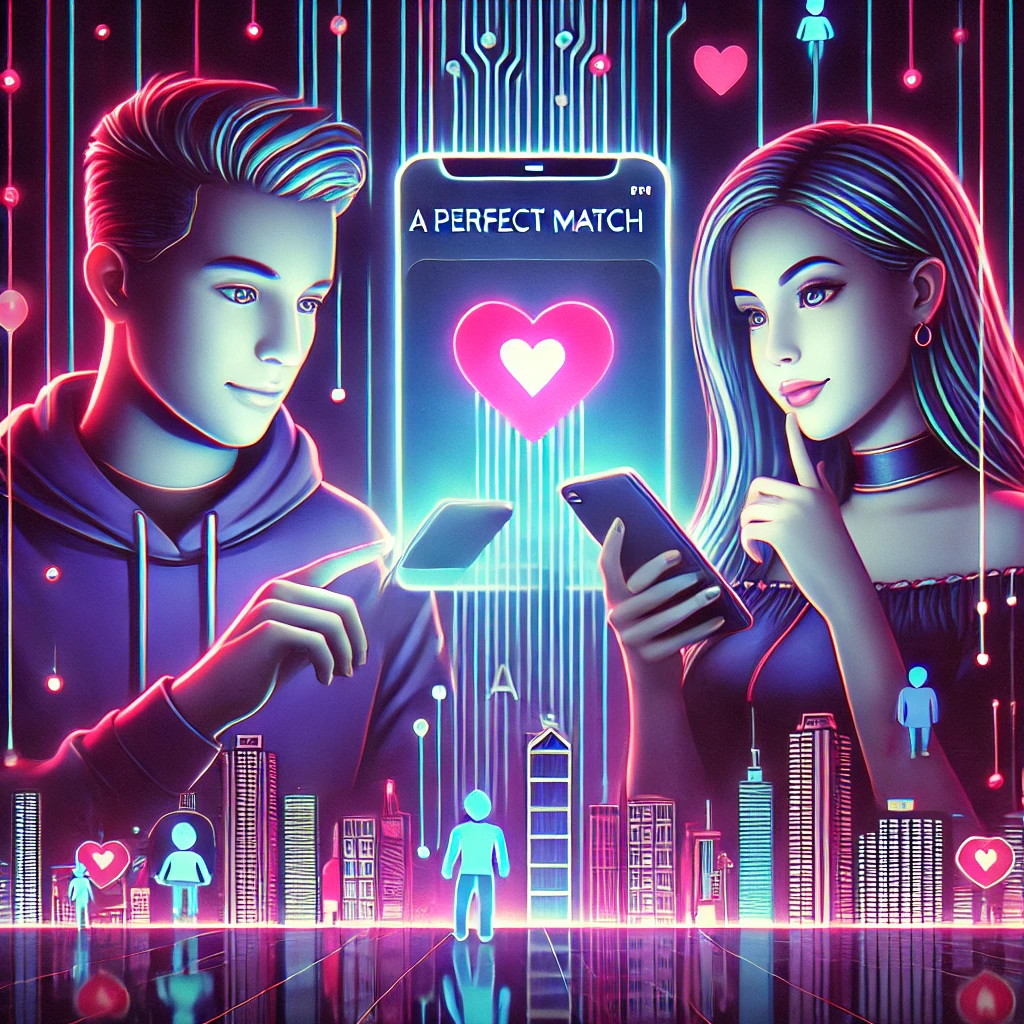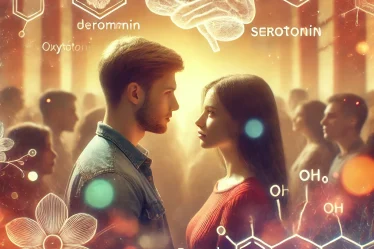
Artificial intelligence (AI) is revolutionizing various aspects of our lives, including the realm of romantic relationships. In 2025, AI’s influence on dating is profound, reshaping how individuals connect, communicate, and form relationships. This article explores the multifaceted impact of AI on modern dating, examining its benefits, challenges, and the future trajectory of love in the digital age.
The Integration of AI in Dating Platforms
Dating applications have embraced AI to enhance user experiences and improve matchmaking accuracy. By analyzing user preferences, behaviors, and interactions, AI algorithms can suggest potential partners with higher compatibility. For instance, AI-driven features assist users in selecting appealing photos, crafting engaging bios, and providing personalized messaging guidance. Match Group, the parent company of platforms like Tinder and Hinge, has invested in AI to perform these tasks, aiming to reduce dating fatigue and enhance user satisfaction.
AI as a Personal Dating Assistant
Beyond matchmaking, AI serves as a personal assistant in the dating journey. AI-powered bots help users craft profiles, select photographs, and even suggest conversation starters. While these tools aim to streamline the dating process, experts express concerns about the potential loss of authenticity and the impact on genuine human connections. Relying heavily on AI for personal interactions may hinder the development of essential social skills and lead to increased anxiety among users.
The Rise of AI Companions
The concept of AI companions has gained traction, with virtual partners offering emotional support and companionship. The AI girlfriend market, for example, has seen significant growth, with market valuations soaring from $2.8 billion in 2024 to an expected $9.5 billion by 2028. Platforms like Character AI attract millions of monthly visits, indicating a growing global curiosity and acceptance of virtual companionship. However, this trend raises questions about the nature of relationships and the potential for individuals to prefer virtual partners over real human connections.
User Skepticism and Ethical Considerations
Despite technological advancements, many users remain skeptical about AI’s role in dating. A survey conducted in early 2025 revealed that 97% of single Americans did not want AI involved in their dating lives. This skepticism is more pronounced among women, with only 10% believing that AI-powered dating apps lead to more successful relationships, compared to 20% of men. Concerns revolve around data privacy, the authenticity of AI-generated interactions, and the potential biases embedded within AI algorithms.
AI’s Role in Enhancing Safety
AI contributes to safer dating environments by detecting and flagging inappropriate behavior. For instance, AI systems can identify and warn users about potentially harmful messages, encouraging reconsideration before sending. This proactive approach aims to foster respectful interactions and reduce instances of harassment on dating platforms.
The Future of AI in Dating
Looking ahead, AI is poised to further transform the dating landscape. Emerging trends include hyper-personalized matchmaking, virtual dating assistants, and predictive relationship insights. AI may also facilitate cross-cultural connections through real-time language translation, breaking down communication barriers. However, the challenge lies in balancing technological convenience with the preservation of genuine human connection.
Conclusion
AI’s integration into the dating world offers both opportunities and challenges. While it enhances matchmaking accuracy, personalizes user experiences, and promotes safety, it also raises concerns about authenticity, privacy, and the essence of human relationships. As technology continues to evolve, finding a balance between leveraging AI’s benefits and maintaining genuine human connections will be crucial in the ever-changing landscape of love and dating.



